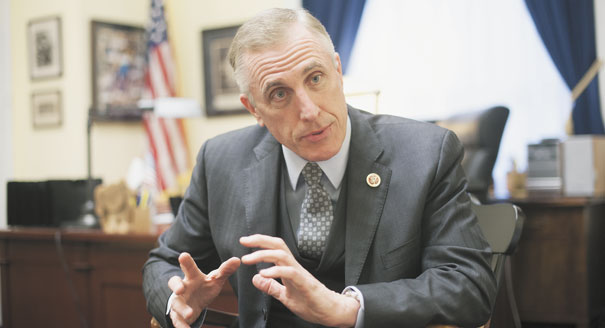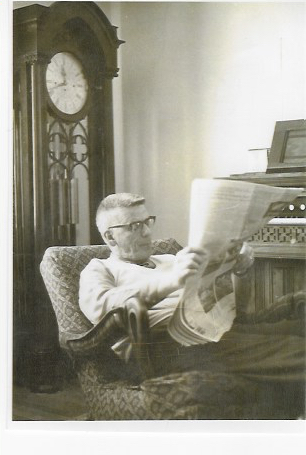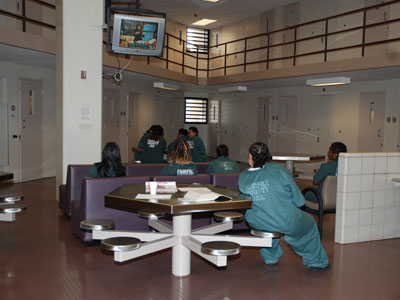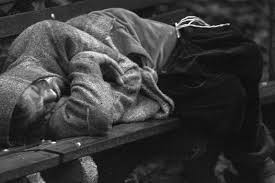
Rep. Tim Murphy Challenges SAMHSA
From My Files Friday: 3-27-15) Rep. Tim Murphy’s controversial Helping Families In Mental Health Crisis Act never made it out of a House committee last year, but the Pennsylvania Republican says some form of it will become law this year now that he has found a Democrat in the Senate willing to support his controversial reform efforts. In a press release last month, Murphy reported that Connecticut Senator Chris Murphy had discussed “areas of agreement” with him that made both of them believe “Congress could act and pass a bill during the current session.” That statement came as a surprise to the Democrats in the House who I polled. They insist the bill will remain buried in committee unless Murphy agrees to drop several changes, including his attempts to reduce the size and importance of SAMHSA and drop his push for Assisted Outpatient Treatment. Stay tuned. Here’s a blog that I wrote in December 2013 when his initial bill was introduced.
Rep. Murphy’s Bill Would Shift Focus: Make Major Changes In Mental Health Care
Rep. Tim Murphy (R-Pa.) introduced legislation today that would make significant changes in our nation’s mental health care system.
Spurred by the mass killings in Newtown, Murphy’s proposed bill, The Helping Families in Mental Health Crisis Act , would slow the current push in the mental health community toward self-determination at any and all costs toward a more paternalistic view.


 My eulogy, which I read at my father’s memorial service.
My eulogy, which I read at my father’s memorial service. 



